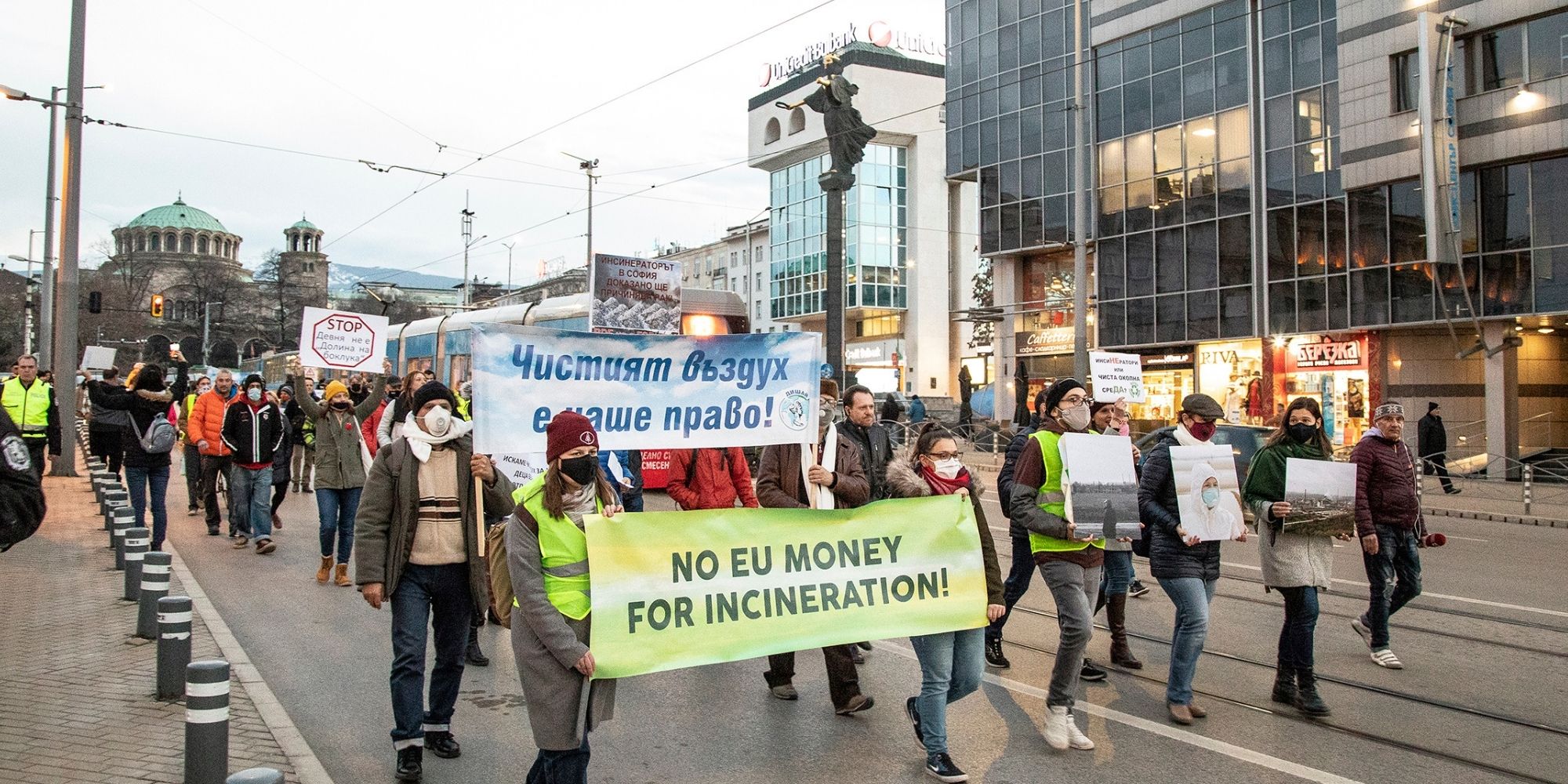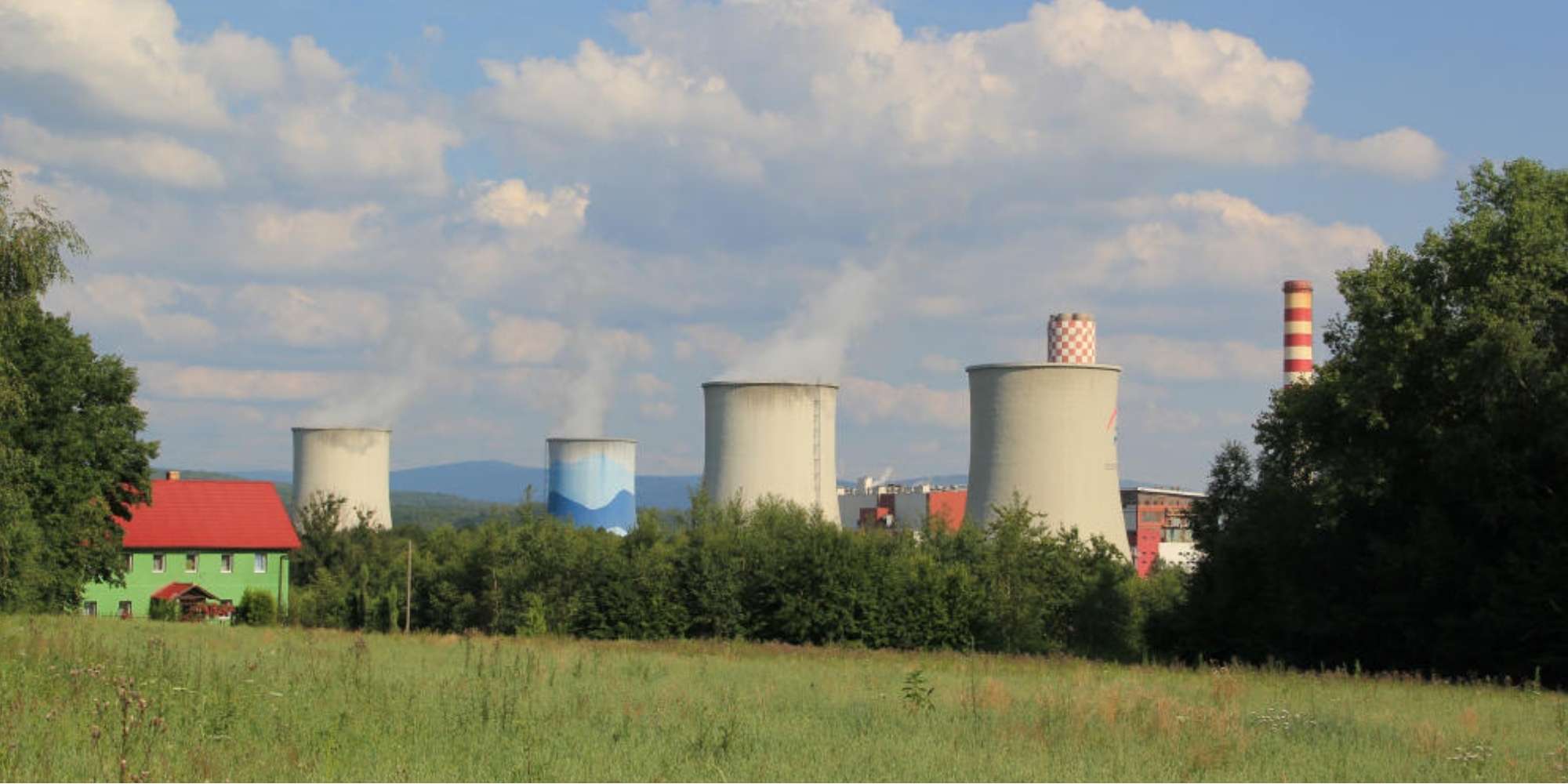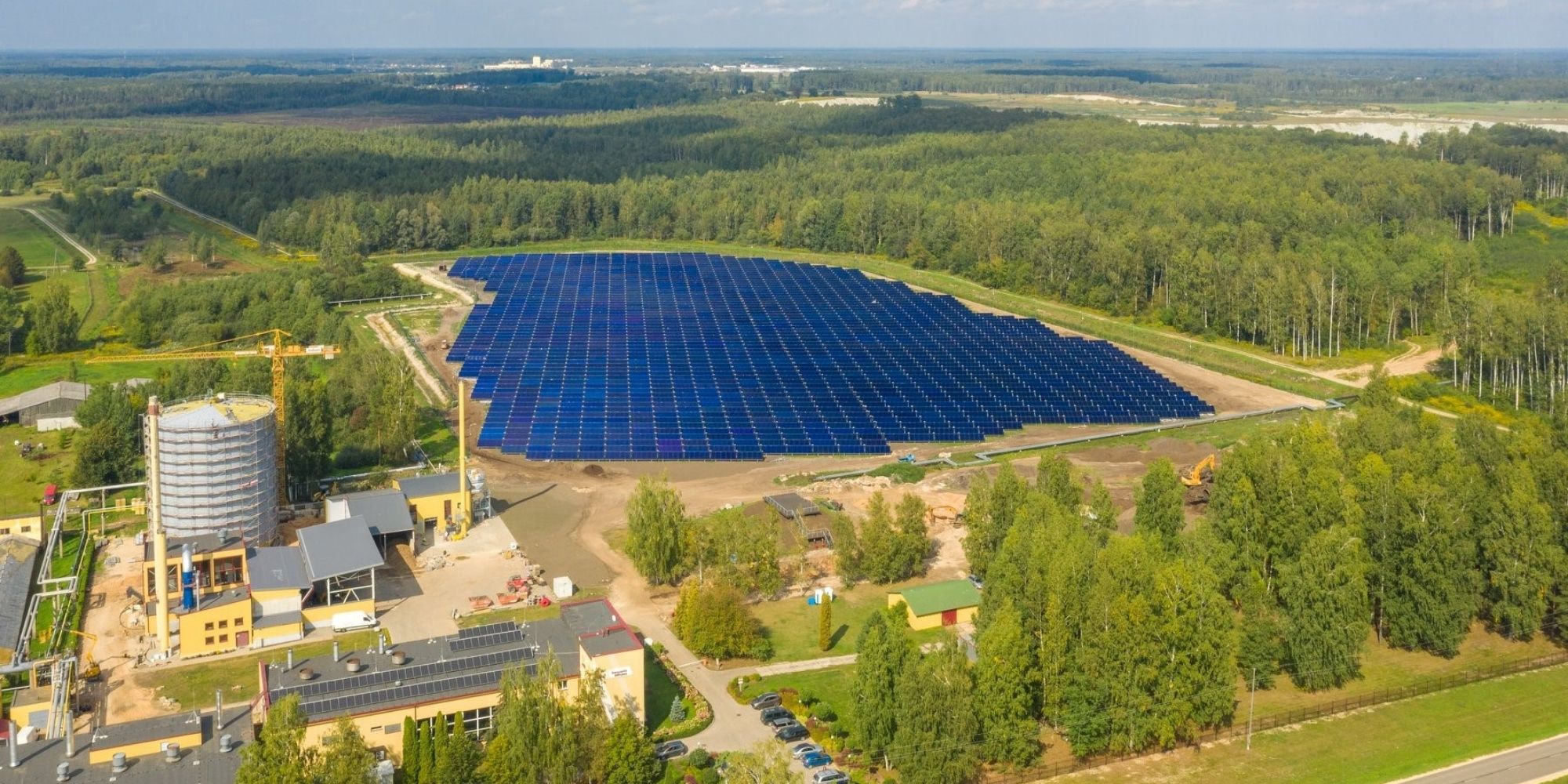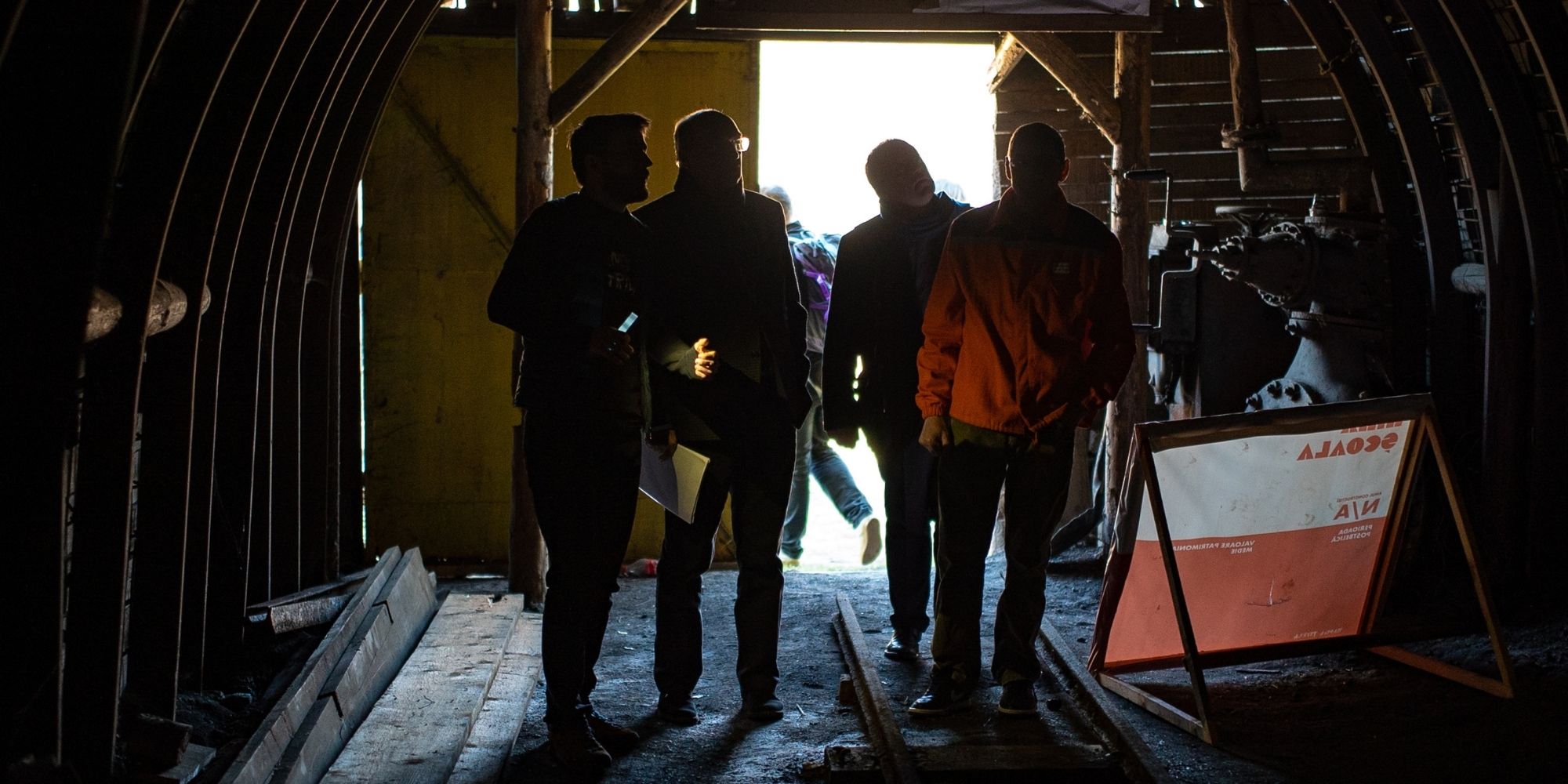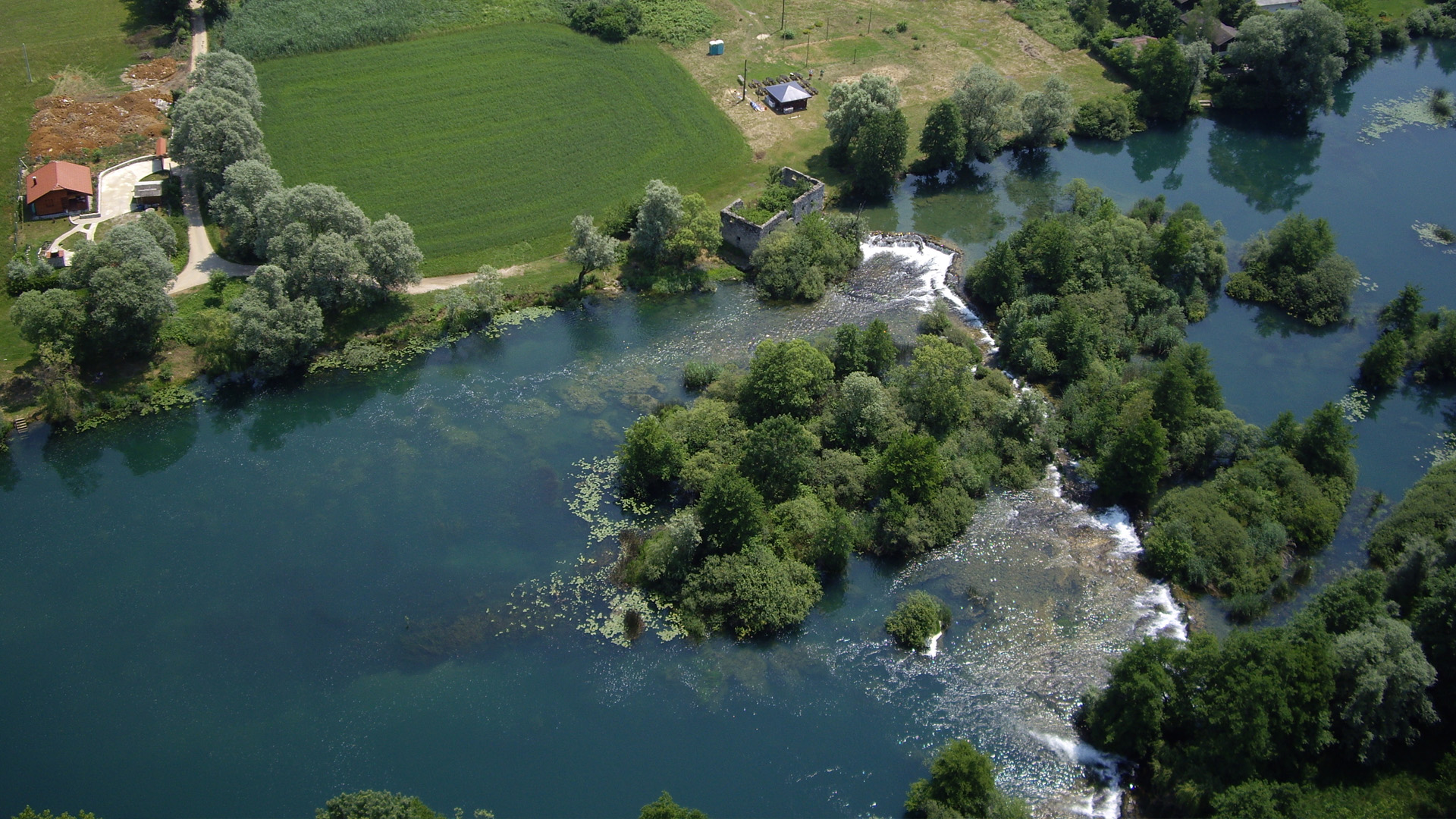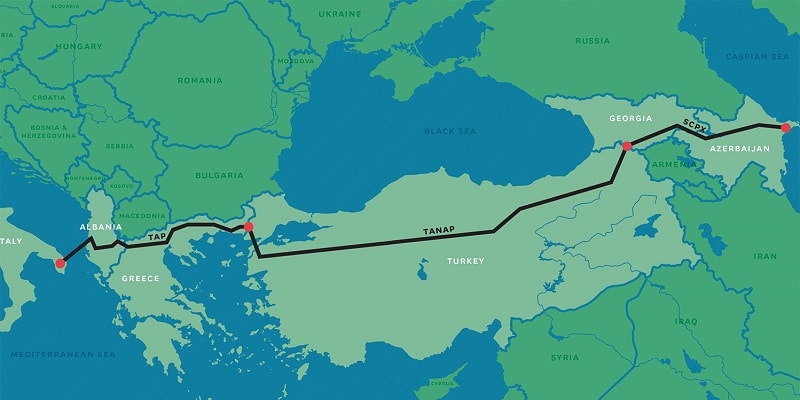Demonstrators demand cleaner skies as Bulgaria presses on with incinerator
Blog entry | 26 March, 2021Close to one hundred people from Sofia and the industrial northern town of Devnya took to the streets of the capital in protest against incineration and the air pollution affecting both towns, where the government pushes ahead with false solutions to the EU’s circular economy agenda.
Read moreLatest unambitious domino falls as Poland publishes plan for EU recovery fund
Blog entry | 25 March, 2021A lack of ambition, vision and delivery sums up the Polish national recovery and resilience plan that was released on 26 February. The fundamental flaw is that the plan provides no path for the country to reach neither the EU’s climate neutrality target by 2050 nor the much less ambitious targets outlined in the recent Poland’s Energy Policy 2040 (PEP2040), like reducing the share of coal in the electricity mix to 56 per cent.
Read moreNature ignored in European recovery funding, say campaign groups
Press release | 18 March, 2021Member States plan pitiful amounts of spending from the €672 billion Recovery and Resilience Facility (RRF) to protect and preserve nature, in spite of EU requirements and the generally poor state of biodiversity across the continent, say civil society groups ahead of Thursday’s meeting of European environmental ministers.
Read moreMore of the same secrecy in Latvia and Romania as EU recovery funds planning gets underway
Blog entry | 10 March, 2021National Recovery and Resilience Plans have to be submitted to the European Commission by 30 April, 2021. Yet less than two months before the deadline, the latest updates from the Romanian and Latvian recovery plans raise alarm on public participation and on unambitious climate and energy targets.
Read moreEU Recovery funds: where is the support for District Heating?
Blog entry | 5 March, 2021District Heating is an efficient way to heat homes, particularly in a country like Latvia where 58% of its primary energy consumption is used for heating. But Selīna Vancāne at Riga City Council is very concerned that the draft EU Recovery plans do not include any support under the climate goals for district heating projects. Perhaps it’s because of a blind spot: most of Europe is prioritising individual heating units powered by electricity. Meanwhile, Latvia is tacking the issue of fuel sources for district heating. There’s gas (not clean, must be imported from Russia), woodchips (plenty of local supply, but has sustainability limits), and much better solutions like solar. Vancāne offers the case study of Salaspils Siltums, built in 6 months, which provides solar district heating to 85% of a town of 18,000 people. She urges the EU to fund both district heating and the new clean solutions it can use. The results can be cost effective, sustainable, efficient and curb emissions.
Read moreHow are CEE governments planning to use EU funds for the transition of coal regions? New Bankwatch report gives journalists tools to monitor the process
Press release | 3 March, 2021Territorial Just Transition Plans (TJTPs) are a precondition for European Union Member States to access the EUR 17.5 billion Just Transition Fund (JTF). The plans must outline the expected process of transitioning away from a coal-based economy; the most affected territories and all types of impacts; what operations are envisaged; and how the process will ensure participation, monitoring and evaluation. TJTPs are developed at the sub-regional level; therefore, countries must produce documents for each territory where they plan to spend money from the Just Transition Fund.
Read morePublic partnership is a precondition for a green recovery
Blog entry | 18 February, 2021With less than three months to go before national recovery and resilience plans must be submitted, Member States still refuse to consult with stakeholders about how they plan to spend nearly EUR 700 billion to deliver a green and sustainable recovery. Meanwhile, the European Commission has provided little clarity on its commitment to enforce strong consultation standards when assessing each recovery plan.
Read moreSecrecy surrounding €672 billion in EU recovery funding jeopardises building back better
Press release | 9 February, 2021Little is known about how Member States intend to use funds from the EU’s EUR 672 billion Recovery and Resilience Facility, raising concerns about the bloc’s ability to rebound from the economic downturn as it moves towards meeting Europe’s long-term climate and energy goals, finds new research by Bankwatch for the Green 10 network of environmental groups .
Read moreEU state aid rules must finally end environmentally harmful subsidies for energy projects
Blog entry | 12 January, 2021As the European Commission reviews its Guidelines on State Aid for Environmental Protection and Energy, it must finally stop subsidies for activities contradicting EU climate and environment policies.
Read moreEU Ombudsman launches investigation into financing of Europe’s largest fossil fuels project
Press release | 17 December, 2020The European Investment Bank (EIB) has dangerously downplayed the contribution of the controversial Southern Gas Corridor to the unfolding climate crisis, according to a complaint that prompted the European Ombudsman to open a formal inquiry.
Read more